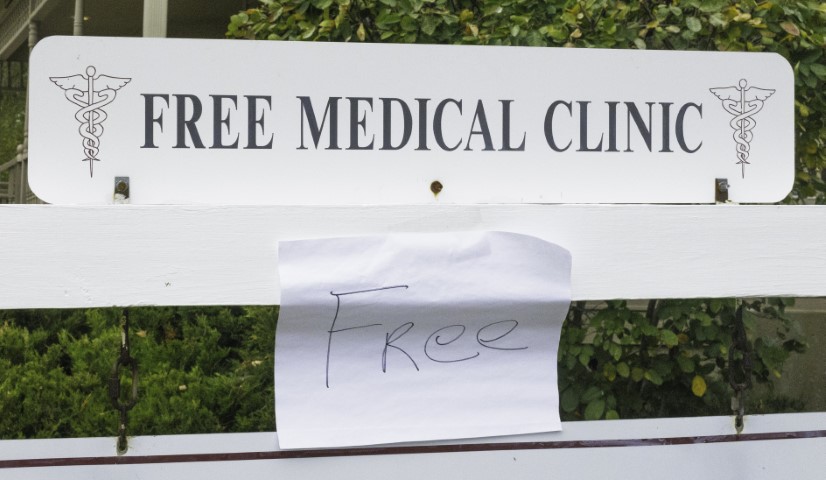Why Med Students Volunteering at a Free Clinic is Worth More Than They Might Expect
- by
- Feb 13, 2018
- Reviewed by: Amy Rontal, MD

Ciao. Hola. Salut. Did you understand every word you just read? If not, chances are you may not understand the language of every patient that you will see in your local free clinic. That’s because the patients who attend these clinics often make up a vastly diverse population. They may be a graduate student from Libya accompanying his sick wife who speaks no English, an elderly couple who are hard of hearing, or a homeless man who lives under the downtown bridge. Or, they may be your neighbor or your friend who doesn’t have health insurance.
If you are given the opportunity to work in a free clinic, realize you have been afforded a unique opportunity to learn about and experience another side of medicine. While there are many reasons to consider volunteering in a free clinic, here are a few that come to mind:
Learn about other cultures.
As alluded to previously, the patient population seen at free clinics is typically very diverse. When I first volunteered at my hometown free clinic, I was shocked that nearly every patient spoke a different language and that many did not know English. Prior to this experience, I had no idea so many different languages were spoken in my town nor did I realize that some residents in my community did not know English. I didn’t know that I could learn so much about so many different cultures right in my own community. Volunteering at a free clinic allowed me to be exposed to a patient population that I may not have worked with otherwise, including: low income or homeless patients, those without insurance, and minority populations from across the country and around the world.
Gain a better understanding of health care disparities.
Many free clinics operate on lower budgets and depend on grants and donations to keep the doors open. For that reason, they don’t always have access to the same medications and equipment that one might see at a fancy private practice. Because most patients in a free clinic cannot afford to pay for medications, a physician has to keep this in mind in deciding what to prescribe. In some instances, a patient may not have the means to afford an expensive laser dermatological procedure that another patient with insurance or a higher income could afford; that homeless patient may not have the means to keep a wound clean or dry; an elderly woman who no longer earns a paycheck may not have the finances to afford a medication you’d consider to be inexpensive. Working in a free clinic makes you aware of the extent to which some patients are struggling to make ends meet and challenges you as a provider to sometimes think outside the box when it comes to treatment options.
Become a better medical student and doctor.
Lastly, working in a free clinic may actually make you a better doctor. By working with patients from diverse backgrounds, you will gain a better understanding of patients’ needs and concerns. You often have more time to spend with patients because you aren’t being pressured to see a certain number of patients every hour. Thus, you can develop close bonds with patients and really learn their stories. This helps to rekindle the compassion and empathy you have which probably drove you to medicine in the first place. You may uncover some of your patients’ biggest struggles in life and work with them to overcome them. You may also encounter certain illnesses and diseases that you may not typically see in the patient population at your hospital. By working at a free clinic, you are learning to be a better doctor.
These are but a number of reasons health care providers should volunteer to work in a free clinic. Not only will you experience new cultures and gain a better understanding of the diversity in your own society, but you will become a better person and a better doctor. Remember to keep an open mind and have patience and you will enrich not only your life but also the lives of those struggling most in your community.









